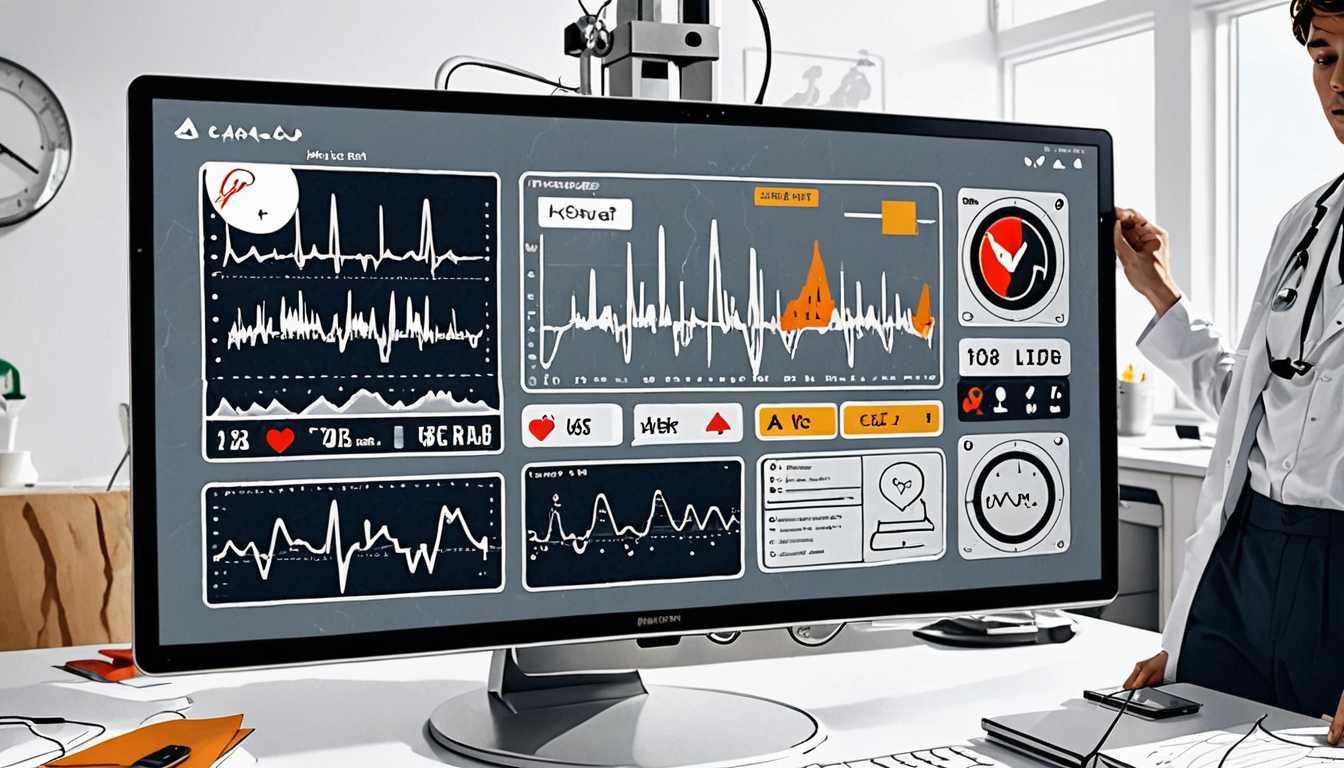AI: A Game Changer in Patient Care!
May 2024
Cornell News Highlights
Introduction
Hey there, future health heroes! Ever wondered how AI can spice up conversations between doctors and older cancer patients? The article from CellImage dives into this exciting world where technology and compassion collide, making healthcare feel a bit more personal. Trust us, it’s a read that could inspire your next big idea—who knows, you could be the one to revolutionize patient care! Don’t miss out—jump in and discover the future of medicine!
READ FULL ARTICLEWhy It Matters
Discover how this topic shapes your world and future
Unlocking the Power of AI in Healthcare
Artificial intelligence (AI) is changing the way we think about healthcare, especially for older adults with cancer. Imagine having a tool that helps you understand your treatment options better, making you feel more involved in your own health decisions. This research from Cornell highlights how AI can bridge the gap between patients and doctors, improving communication and decision-making. Considering the global implications, as our population ages, enhancing patient engagement in healthcare becomes more crucial than ever. This topic touches on the intersection of technology and personal well-being, showing how advancements in AI can empower individuals to take control of their health. You might relate to this as you think about your own health decisions now or in the future, or perhaps in the way technology is shaping our lives.
Speak like a Scholar
Artificial Intelligence (AI)
Technology that simulates human intelligence to perform tasks like understanding language, recognizing patterns, and making decisions.
Machine Learning
A branch of AI that enables computers to learn from data and improve their performance over time without being explicitly programmed.
Demographics
Statistics that describe a population, including factors like age, gender, income, and education, which can help understand different groups’ needs.
Patient-Centered Care
A healthcare approach that emphasizes the patient's preferences, needs, and values in making decisions about their treatment.
Qualitative Research
A method of collecting non-numerical data to understand people's experiences, thoughts, and feelings, often through interviews or discussions.
Health Equity
The principle of ensuring everyone has equal access to healthcare resources and opportunities, regardless of their background or circumstances.
Independent Research Ideas
AI in Mental Health Support
Investigate how AI tools can help individuals manage mental health issues, focusing on their effectiveness and potential ethical concerns. This topic is fascinating because it combines technology with psychology.
Comparing Traditional vs. AI-Enhanced Decision Making
Explore how decision-making processes differ between methods that rely on human intuition vs. those supported by AI. This can reveal insights into human behavior and technology's role in our lives.
Understanding Patient Perspectives on AI
Conduct interviews or surveys to gather insights on how patients feel about using AI in their healthcare decisions. This could unveil personal stories that highlight the human side of technology.
The Role of AI in Managing Chronic Illnesses
Research how AI can assist patients in managing chronic conditions, like diabetes or heart disease, and its potential impact on their daily lives and treatment adherence.
Designing User-Friendly AI Healthcare Tools
Dive into how user experience (UX) principles can be applied to create AI tools that are easy for patients, especially older adults, to use. This combines design, technology, and healthcare in a creative way.
Related Articles

Pupils and Dreams: The Memory Connection
January 2025
Cornell News Highlights

Unraveling the Brain's Tiny Wonders
May 2024
Harvard Gazette

AI: A Heartbeat Away from Equality
August 2024
King's College London - News

AI in Health Care: A New Era
December 2024
Cornell News Highlights

Parkinson's Subtypes Unveiled: Machine Learning Breakthrough
July 2024
Cornell News Highlights